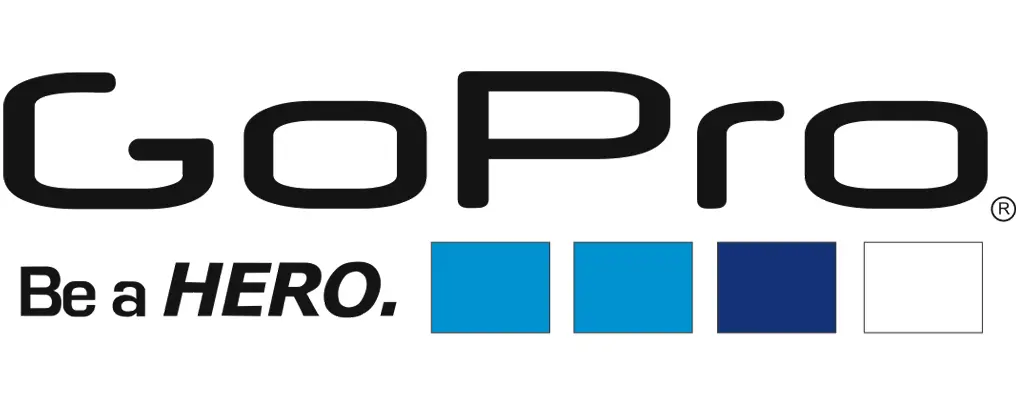Top 5 Exxonmobil Competitors In 2023
ExxonMobil is an American multinational corporation that offers services in the oil and gas industry. Short for Exxon Mobil Corporation, ExxonMobil was formed in 1999 when both oil giants Exxon and Mobil merged together. This was a huge deal because in the late 1990s Exxon was the largest energy company in the world, as well as Mobil being the second-largest oil and gas company in America. As of 2019, the American energy corporation generated over US$255 billion in total revenue, which is a gigantic decrease from their US$400 billion earnings in 2011. The decrease in oil and gas is great news for non-renewable energy activists.
| COMPANY NAME | ExxonMobil |
| FOUNDED | 1999 |
| HEADQUARTERS | Irving, Texas, United States |
| SIC CODE | 1311 |
| STATUS | Public |
| INDUSTRY SECTOR | Oil and Gas |
| EMPLOYEES | 75,000 |
| TRADING SYMBOL | XOM |
Exxonmobil similar companies:
SolarCity, Chevron, Valero Energy, Shell, Sinopec, CNPC, BP Plc, and Total.
How the company makes money
ExxonMobil is one of the world’s largest oil and gas companies. The company makes revenue from a lot of industries that branch out from the oil and gas sector, but primarily they make the most of their revenue from crude oil. The American company also sells jet fuel, gasoline, diesel, propane and other types of natural and artificial gas. They also provide a large variety of chemical products like polyethylene, cleaning chemicals, bleach, plastics, and more.
Oil and Gas
Ever since the beginning of the industrial revolution, oil and gas have played a major role in sustaining our current lifestyle, from cars to electric plants, military protection, and more. The global oil and gas industry includes things like exploring new oil plants, refining oil, transporting oil, engineering better oil plants. Annually the global oil and gas industry generates over trillions of dollars in total revenue.
ExxonMobil transports over 2.7 million barrels of oil, refined products, gases and other types of products every day. The American company offers a vast portfolio of money-making products from the oil and gas industry.
SolarCity
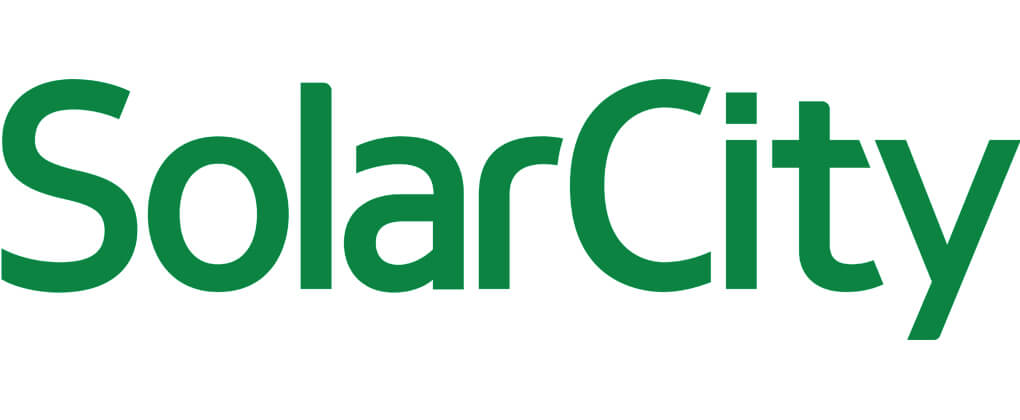
SolarCity Corporation is a child company of Tesla, an American electric automaker company headquartered in California. SolarCity was founded in 2006 by Lyndon Rive and Peter Rive, who established the company based on a concept by Elon Musk, a famous multi-billionaire who currently owns SolarCity, Tesla and SpaceX.
Renewable solar energy is an absolute necessity for the future. Oil and gas will eventually run out and at the rate that we humans use these resources, renewable energy has become a large priority in recent times. SolarCity was one of the first solar panel companies and now, years later, has amassed large success.
SolarCity offers products like backyard SolarPanels and even solar roofing, which are solar panels that are used as panels for roofs. SolarCity is one of the best solar companies in the world and has clients all over the western continents. With renewable and solar energy becoming cheaper and easier to distribute, ExxonMobil will have to adapt to this inevitable change.
Sinopec
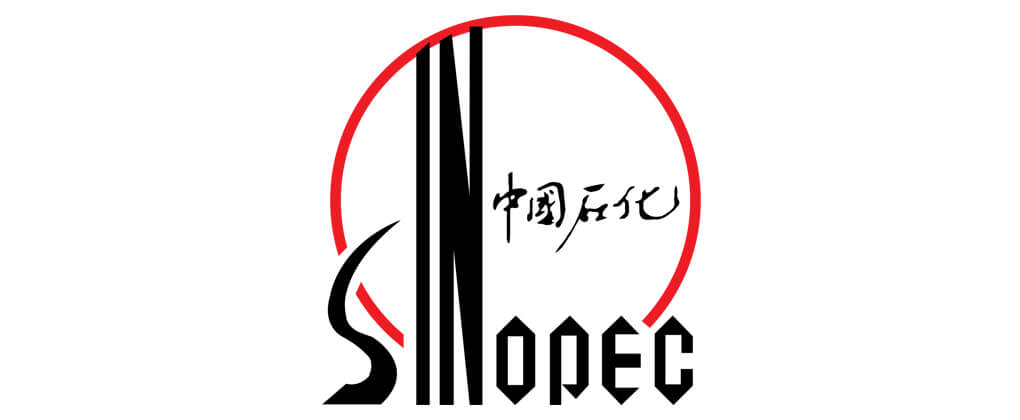
China Petroleum & Chemical Corporation, or better known as Sinopec which is a derived simpler traditional Chinese term, is a Chinese oil and gas corporation headquartered in Beijing. The company was founded in 2000 as a joint stock entity. As of 2019, the company generated over US$320 billion in total revenue.
Sinopec sells oil, gas exploration, chemical liquids, as well as other gas and oil-related products. One of the main reasons why the Chinese company is so widely successful is credited to the number of products and consumers they cater to. Not only are they so widely spread demographically, but the Chinese company is equipped with over 250,000 employees around the world.
The two oil companies are one of the largest corporations in the world, however their demographic and geographical operations are completely on different continents. Sinopec is based in China and ExxonMobil operates around the United States. Although both companies have been trying to move into each other’s territory, no dominance has been overruled.
CNPC
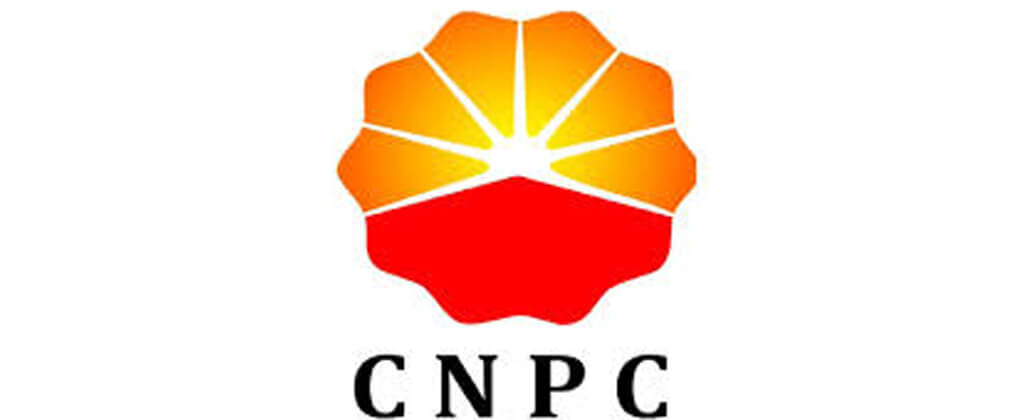
The China National Petroleum Corporation, better known as CNPC, is one of China’s major national oil and gas corporations. The Chinese corporation is one of the world’s biggest energy groups in the world and even listed fourth place in the Fortune Global 500 list of largest corporations by revenue globally.
CNPC employs an estimated 2 million workers as of 2019, with the latest official statistic being 1.6 million employees in 2014. The Chinese corporation was founded in 1988 when the national government finally decided to create a state-owned company to handle all the oil, Petroleum, and gasoline related operations in China.
Just like Sinopec, what separates CNPC and ExxonMobil apart is their geographic focus. CNPC is state-owned and primarily limited to only operating in and around China. ExxonMobil, on the other hand, can operate around the United States as well as ship and distribute to international clients from other countries.
BP Pic
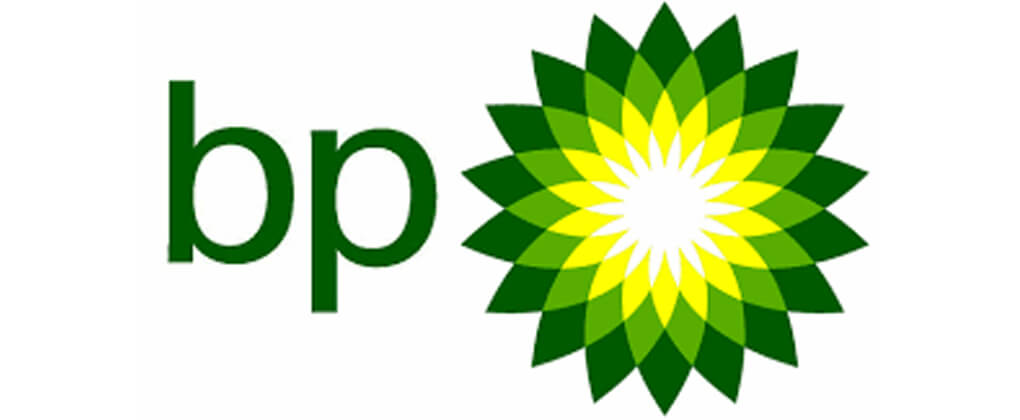
The British Petroleum Company plc, which is most commonly referred to as BP, is a multinational oil and gas company situated in the United Kingdom. The British company is one of the world’s biggest performing oil and gas companies and was founded in 1909 by William Knox D’Arcy, more than a century ago.
The British company employs over 73,000 employees as of 2019 and operates in over 78 countries worldwide. With over 19,000 global locations and service stations, BP plc produces over 3.7 million oil barrels daily. Along with being one of the most prestigious oil and gas companies in the world, the British company also owns a portion of other big oil brands.
BP owns almost 20 percent of Rosneft, a Russian company that is the world’s largest public oil and gas company. The British competitor is also interested in renewable energy like solar, wind power, and biofuel. ExxonMobil and other competitors are in part controversially negligent of renewable energy, but if ExxonMobil wants to adapt then it will have to understand what’s coming for the future.
Total
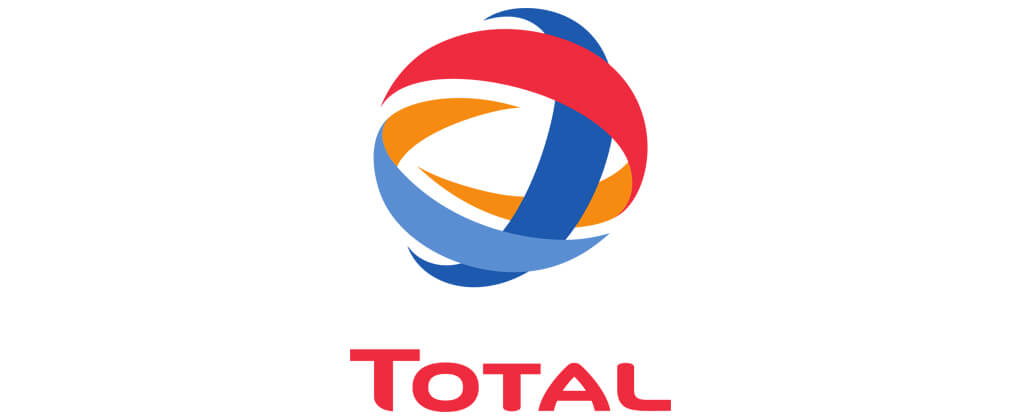
Total S.A. is a French multinational company that distributes and mines oil and gas around the world. Founded in 1924 by Ernest Mercier when French President Raymond Poincare rejected partnering with Royal Dutch Shell, a foreign oil company. The company employs over 107,000 employees as of 2019.
In the same year the company has generated over US$200 billion in total revenue, giving it the 20th place on the Fortune 500 list of largest global corporations by total revenue. The company operates in over 130 countries and is counted as one of the seven Supermajor or Big Oil companies in the world.
The French company is also largely a chemical manufacturer and distributor of gaseous products and oil by-products. Total S.A. has a cheaper valuation as well as having multiple good articles and experts predicting good business for Total with further increase in stock. ExxonMobil is more expensive, and will have to consider how they’ll adapt for the future.
Conclusion
The top 5 ExxonMobil direct competitors are: SolarCity, Sinopec, CNPC, BP Plc, and Total. Together these companies employ 2 million people worldwide, with ExxonMobil employing over 75,000 thousand people and ranked 4th among ExxonMobil’s Top 5 competitors in total revenue. The top 5 competitors average about 409 thousand employees.
COMPETITORS STATS
| NAME | FOUNDED | HEADQUARTERS | NO. OF EMPLOYEES |
| SolarCity | 2006 | San Mateo, California, United States | 15,000 |
| Sinopec | 2000 | Beijing, China | 250,000 |
| CNPC | 1988 | Beijing, China | 1,600,000 |
| BP Plc | 1909 | London, United Kingdom | 73,000 |
| Total | 1924 | Paris, France | 107,000 |


